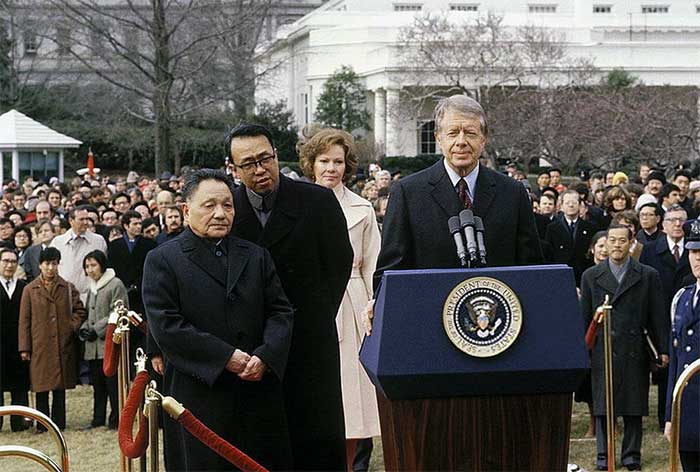Hong Kong - thriving alongside China
On 1 July 1997 British colonial rule in Hong Kong came to an end, as political control of the province was handed over to the People's Republic of China. Its first Chief Executive under this new status was Tung Chee Hwa, and he initially presided over some turbulent times. Although Hong Kong suffered during the Asian financial crisis, as well as the outbreak of the so-called ‘bird flu', it has remained an economically robust hub. In 2009 it hosted the fifth East Asian Games, the largest multi-sport event held in the territory.
The fact is, with the growth of the Chinese economy, Hong Kong is continuing to face interesting and challenging times. It has always been renowned for its position as a truly global business city, and its commercial environment is currently thriving. The burgeoning growth of the economy of its larger neighbour on the other side of the Shenzhen River bodes well for Hong Kong. The territory consistently plays an active brokering role for global entrepreneurs wishing to access the mainland Chinese economy.
At a conservative estimate, almost two-thirds of the worldwide middle class will soon be Asian. What this means for China, and Hong Kong in particular, is that entrepreneurs from all over the globe will be taking an intense interest in economic matters in the vicinity. Hong Kong itself will feature heavily in this. Aside from its bustling business community, the very location of the territory, right in the heart of Asia, makes it a very attractive destination. The city is within four hours flight from all of Asia's most important regional markets.
Its strategic location to mainland China means that it will continue to play a crucial role in providing access to the Chinese markets. The territory has taken active steps to promote itself as the gateway to China money. Developments such as the Shenzhen-Hong Kong Innovation Circle are encouraging Chinese businesses to undertake research in the former UK colony. Being a mere one hour's drive from the Pearl River Delta, the largest manufacturing region on the planet, has given Hong Kong's own entrepreneurs access to a potential consumer market numbering some 450 million.
Hong Kong has forged tighter ties with the mainland through the Closer Economic Parnership Agreement, and this will undoubtedly boost Hong Kong's economic development immensely, allowing it to take full advantage of its proximity to China: Asia's fastest rising economy.




